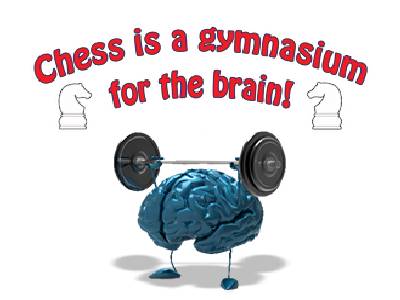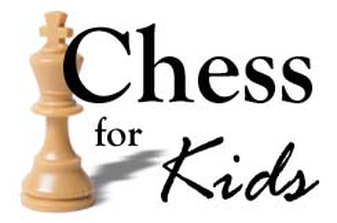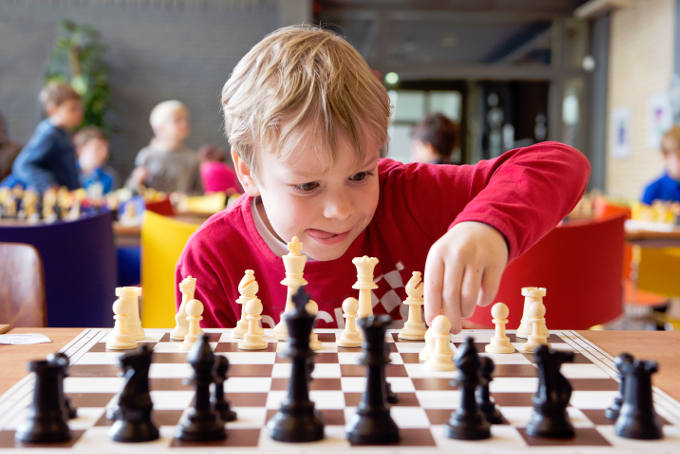
Bobby Fischer who is the world chess champion and grandmaster has popularly stated ‘Chess is Life’. Most people wonder how this two-player board game with playing pieces and checkerboard can benefit physical and mental health. Well, playing chess offer seven surprising benefits for your health.
Research Team of Anderson Diagnostics & Labs conducted a research on the health benefits of playing the game of chess. They provide the following information based on their research.
Grows dendrites:
Dendrites manage signals from brain neuron cells to the neuron that it has been fixed. Playing and learning chess game can help in the dendrites growth and it can, in turn, improves the speed and enhances the quality of neural communication all over the brain. When the processing power is increased, the overall performance of brain also increases. The brain is the computer of the body.
 Exercises right and left sides of brain:
Exercises right and left sides of brain:
If you wish to get the same benefit that you get from a physical workout, you have to exercise your left and right sides of brain. Several studies have proved that playing chess can help the player to develop and make use of her/his left hemisphere of the brain that manages object recognition and the right hemisphere that manages path recognition. We should definitely thank the techniques and rules involved in a chess game. By playing chess on regular basis, it can ultimately exercise and develop both right and left hemispheres of your brain.
Prevents Alzheimer’s disease:
In a recent medical study, 488 seniors of Albert Einstein College were trained to play chess. It has found that it has helped them in various ways. It decreases dementia risks, stimulates brain function and also fights against the symptoms of dementia. It does not let your brain deteriorate. It helps to function the brain in normal manner. Chess is a brilliant mind exercising activity. It helps in reducing anxiety, depression,and risks associated with Alzheimer’s disease.
Helps in treating schizophrenia:
In another research, physicians at Center for Cognitive Neuroscience (Bon, France) have found major improvement with the patients who were allowed to play chess on daily basis. They were able to see a lot of improvements in patient’s conditions and compared the differences with the patients who did not play chess. The patients who actively played chess showed increased planning, attention and reasoning talents. They voluntarily came forward to play chess on daily basis even after the completion of research.
play chess on daily basis even after the completion of research.
Improves problem-solving and thinking skills in children:
It is well known that when a child starts to play chess on early age could definitely perform better on studies. A research was conducted on a group of children and it has been proved that playing chess helps to see improvement in reading, problem-solving, score better in maths and thinking skills. Chess experts and educators agree that it is best to teach and make them play chess from the second grade. It is the best age to introduce chess to children. However, some children would start to play at a young age that is in four or five years and remain ready to play and learn chess.












